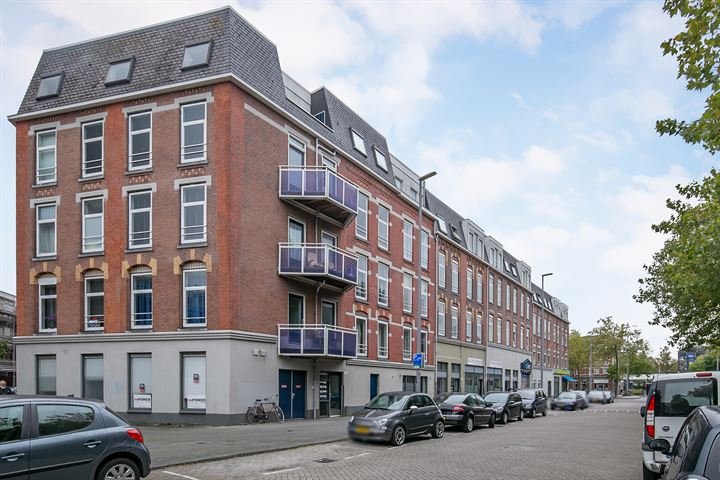When embarking on the journey of purchasing a condominium in the Philippines, one of the pivotal factors that should not be overlooked is the reputation of the developer. The developer is the cornerstone of the entire project, responsible for its planning, construction, and ultimately, its quality. In this segment, we will explore the significance of a developer’s reputation and provide actionable insights to guide your decision-making process.
Researching Developer Reputation
Before committing to any condo purchase, it is imperative to conduct thorough research on the developer responsible for the project. This research should encompass a range of crucial aspects, including the developer’s track record, past projects, and overall reputation within the real estate industry.
Begin by examining the developer’s portfolio of completed projects. Evaluate the quality of construction, attention to detail, and overall satisfaction levels of previous buyers. Online platforms, forums, and real estate review websites can be invaluable resources for gathering insights from past clients.
Track Record and Experience
The track record and experience of a developer are key indicators of their capability to deliver a high-quality condominium. Consider factors such as the number of years the developer has been in operation, the scale and complexity of their previous projects, and any awards or accolades they may have received within the industry.
An experienced developer with a proven track record is more likely to adhere to high construction standards, employ skilled professionals, and effectively manage the entire development process.
Reviews and Feedback from Previous Buyers
In the age of information, gathering feedback and reviews from previous buyers is more accessible than ever. Online platforms, social media groups, and real estate forums are excellent resources for discovering the experiences of individuals who have purchased properties from the same developer.
Pay close attention to common themes in reviews, such as construction quality, adherence to timelines, and responsiveness to buyer concerns. While no developer is immune to occasional challenges, a pattern of consistently positive feedback is a strong indicator of a reputable developer.
Subject 3: Financial Stability and Transparency: Safeguarding Your Investment
Introduction
Understanding the financial stability and transparency of a developer is paramount when considering the purchase of a condominium in the Philippines. This subject holds significant importance as it directly affects the assurance of project completion, adherence to timelines, and overall value for your investment. In this segment, we will delve into the crucial aspects related to financial stability and transparency, equipping you with the knowledge to make an informed decision.
Assessing Financial Stability
A financially stable developer is better positioned to see a project through to completion. Begin by researching the developer’s financial statements, which can provide insights into their revenue, expenses, and overall financial health. You may also want to consider factors such as debt levels and access to capital, which can impact their ability to fund construction and other project expenses.
Look for indications of a healthy balance sheet, including a reasonable debt-to-equity ratio and positive cash flow. Additionally, consider whether the developer has a diversified portfolio of projects, which can mitigate risk associated with any one development.
Transparency in Financial Transactions
Transparency in financial transactions is a hallmark of a reputable developer. They should be willing to provide clear, detailed information about the project’s budget, cost breakdowns, and potential additional charges. Ask for a comprehensive breakdown of expenses, including construction costs, administrative fees, and any contingencies.
Furthermore, inquire about the developer’s policies regarding refunds and the handling of any unused funds allocated for the project. A transparent approach to financial matters instills confidence and trust in the developer-client relationship.
Escrow Accounts and Financial Safeguards
One of the key financial safeguards for buyers is the use of escrow accounts. Inquire whether the developer utilizes an escrow account to manage funds allocated for the project. This practice helps ensure that funds are used for their intended purpose and provides an added layer of protection for buyers.
Additionally, ask about any performance bonds or guarantees that the developer provides to ensure that the project is completed as agreed. These financial safeguards can provide additional assurance of the developer’s commitment to delivering a quality product.
Conclusion
In conclusion, assessing the financial stability and transparency of a developer is a critical step in safeguarding your investment when purchasing a condominium in the Philippines. Thoroughly researching the developer’s financial health, transparency in transactions, and the presence of financial safeguards will empower you to make a well-informed decision that aligns with your financial interests and aspirations.





Leave a Reply